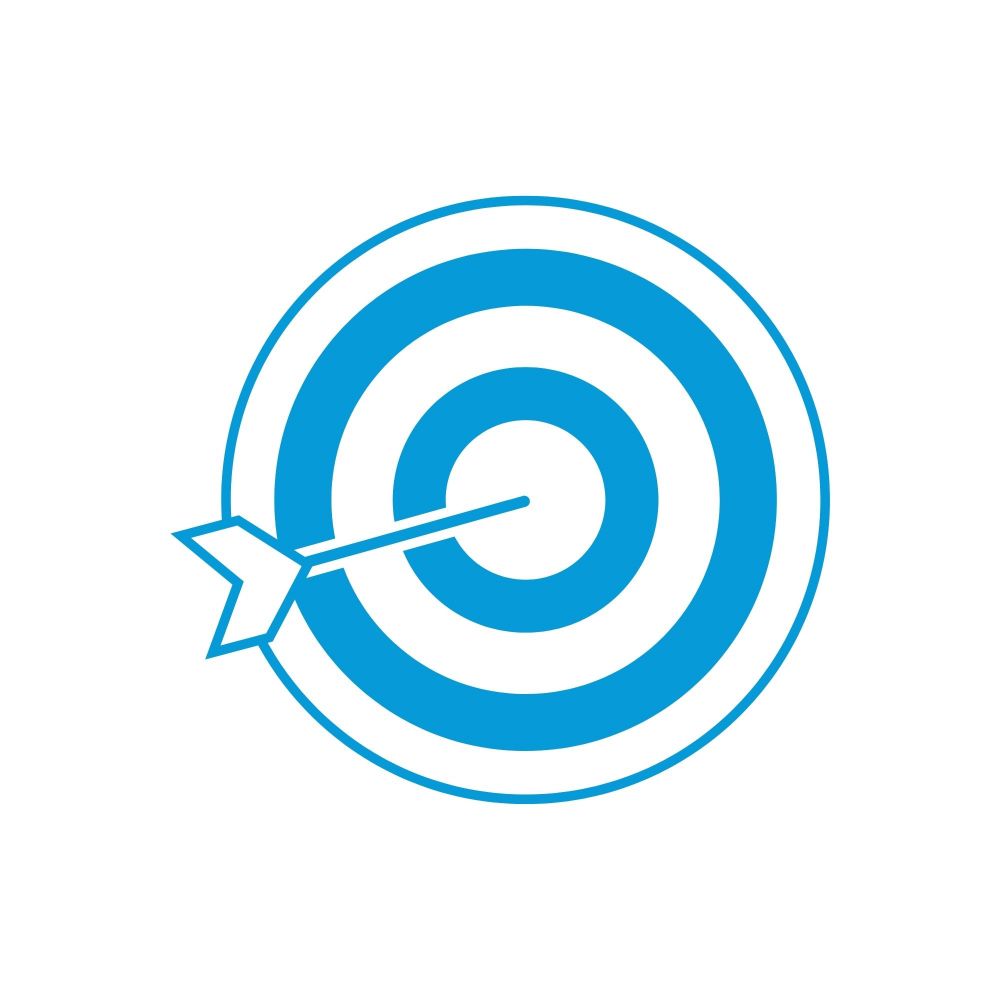
REPARES (Research Platform on Antibiotic Resistance Spread through Wastewater Treatment Plants), a consortium of leading academic, industry, and policymakers knowledgeable in the Antibiotic Resistance (AR) subject, is geared towards contributing excellence in research on the spread of AR in wastewater treatment plants (WWTPs).

The REPARES Team, mostly made up of academic leaders from top universities across Europe, has established strong cooperation with leading European innovators and internationally renowned experts in the water-related antibiotic resistance field.
- UCT will coordinate and work with AR experts to provide methodologies and development of the REPARES platform
- UCP will leverage its expert leadership in wastewater-mediated antibiotic resistance.
- TUDelft will deliver methods to apply for international projects successfully.
- Wetsus will propel cooperation with the non-academic sector.
- AAU will integrate the REPARES database within the world-accepted MiDAS.
- UW will do the bioinformatics and the validation of qPCR primers.
Background
Antibiotics were developed in 1940 solely for the treatment of infections in humans and animals. Over the years, diseases considered deadly were considered non-issues due to the effectiveness of these medicines. Regrettably, the benefits of antibiotics have been hampered by the development of resistance to antibiotics by bacteria. In recent times certain antibiotics used to eradicate some bacteria have become inactive. Antibiotic resistance (AR) has become prevalent, spreading primarily in populations and the environment. Thus, the development and proliferation of antibiotic resistance are classified among major global threats by the World Health Organization ( ). In addition, the European Centre for Disease Prevention and Control described the colossal effect of AR on the human population resulting in approximately 25,000 deaths per annum, costing the health care sector over € 1.5 billion every year.
Proper sanitation of the water cycle is essential to sustain environmental and human health. The role of wastewater treatment plants (WWTPs) and their microbiomes as putative hotspots for the proliferation of antibiotic resistance has questioned how effective these treatment systems are. Increasingly rising public, stakeholders, and governmental perception on this issue has highlighted the need for new quality criteria and installation upgrades.
Despite the gravity of the AR problem, in the wastewater sector, methodological biases have been the sole limiting factor on adequately monitoring the emission, fate, and possible amplification or removal of antibiotic-resistant bacteria (ARB) and antibiotic resistance genes (ARGs) across WWTPs. Indeed, there is an urgent need to develop standardized methods and a well-curated database for accurate identification, characterization, and quantification of antibiotic resistance in such complex water matrices as wastewater. These issues are what REPARES aims to solve during the project period.
 REPARES Goals
REPARES Goals
REPARES aims at advancing the European community’s know-how on antibiotic resistance across sanitation waterways, which in the future will bring society closer to achieving the Sustainable Development Goal of the United Nations. REPARES will act as an important vector to disseminate information on antimicrobial resistance spread within European WWTPs beyond science and technology to reach the academic and non-academic communities utilizing open events, popularization publications, and operation of the REPARES web platform.
Duration of Project
1 October 2019 - 30 September 2022
The relevance of research on antibiotic resistance
- Antibiotics are one of the common contaminants in wastewater.
- The increased bacterial antibiotic resistance stems from the spread of antibiotic-resistant bacteria and the transfer of resistance genes.
- Antibiotic resistance can be acquired through random gene mutations and/or by horizontal gene transfer.
- The World Health Organization qualified antibiotic resistance development as a significant global threat to society.
REPARES Objectives
- The increasing level of UCT’s scientific excellence
- Improving scientific profiles of UCT’s researchers
- Increasing UCT’s ability to apply for international projects successfully
- Fostering cooperation with the non-academic sector
- Advancing European community’s know-how on antibiotic resistance occurrence and spread in Europe
